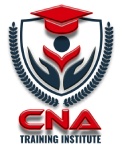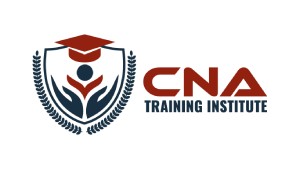Being able to administer first aid effectively in an emergency can be the difference between life and death. While having a basic understanding of first aid is important, advance first aid courses go beyond that and provide participants with a full set of skills that enable them to confidently and competently address complicated medical crises.
Let’s explore some of the fundamental knowledge and abilities covered in an advanced first aid course and how they enable people to act as vital first responders in life-threatening situations.
CPR (Cardio-Pulmonary Resuscitation)
CPR is an essential component of advanced first aid training. Participants also learn specific protocols for babies and toddlers, along with the basic adult CPR skills. CPR is one of the most important skills taught in advanced classes, since learning it may dramatically raise the odds of survival for someone going into cardiac arrest.
Advance Would Management
Advanced and pediatric first aid course go beyond basic wound care and cover methods for treating serious wounds, such as stopping bleeding, cleaning and dressing wounds, and spotting infection symptoms. Participants learn how to evaluate the severity of injuries and implement the necessary measures to stabilize the patient until expert medical assistance comes.
Airway Management
Proper airway control is essential in emergency situations, particularly when assisting unconscious or wounded people. The use of airway adjuncts, such as nasopharyngeal and oropharyngeal airways, is included in advanced first aid training, along with other procedures for opening and maintaining clear airways.
Immobilization and Splinting
Emergency rooms commonly see fractures and musculoskeletal injuries. Immobilizing the injured limbs can help stop more damage and reduce discomfort. Advanced first aid courses educate participants on how to safely and efficiently examine fractures, administer splints, and immobilize injuries to reduce the risk of issues while transporting to medical facilities.
Medical Emergencies Management
Advanced first aid course includes a wide range of medical disorders that require prompt response, from allergy and diabetic crises to heart attacks and strokes. While they wait for expert medical assistance, participants learn how to identify the warning signs and symptoms of medical emergencies and how to provide the necessary first aid.
Use of Automated External Defibrillator (AED)
AEDs can be life-saving when a person has sudden cardiac arrest. In-person instruction on the proper use of AEDs, including how to apply the pads correctly, assess cardiac rhythms, and administer electric shocks when necessary, is included in advanced first aid courses. This ability is more important when there are AEDs available in public areas.
Advanced first aid courses provide students with a wide range of abilities to handle medical crises in a variety of situations. These courses equip learners with the confidence and decisiveness to act when lives are at risk, covering everything from CPR and wound treatment to airway control and medical crisis management. People can improve their personal readiness while also making their communities safer and more resilient with advanced first-aid courses.

